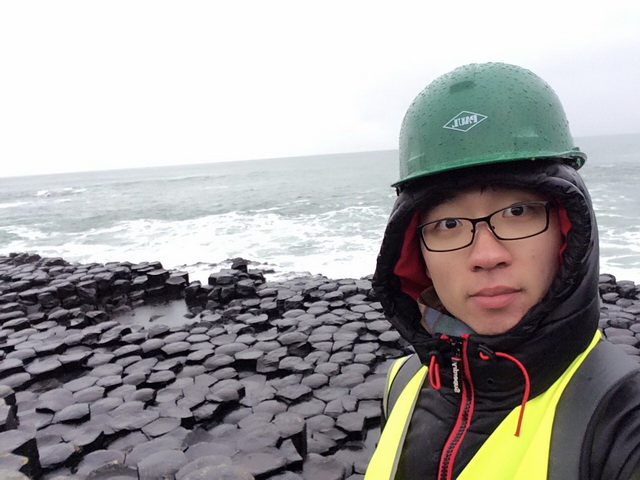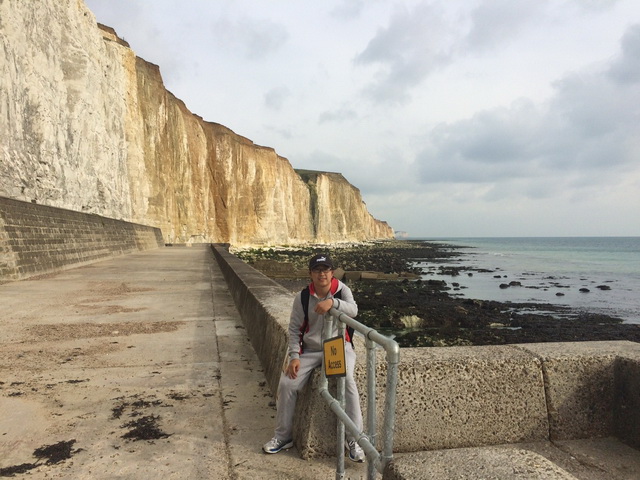中科院-英国皇家霍洛威大学 联合培养博士生计划
In 2014-2015 the Chinese Academy of Sciences-Guangzhou Institute of Geochemistry (CAS-GIG) & Royal Holloway University of London (RHUL) formally agreed a 5 year program involving the training and co-supervision of jointly funded doctoral students. Doctoral research projects are formulated by staff from both institutions and reciprocal visits/associated fieldwork are arranged within China. Suitable PGs are recruited from universities within China and are required to spend a minimum of 1 year at GIG-CAS, followed by 3 years at RHUL with a final year at GIG-CAS. At RHUL postgraduate students have a committee of at least two academic staff at RHUL who guide them through their studies. Post-graduates present annual seminars on their project, and are encouraged to attend conferences in Europe and elsewhere. Their research is published in top international journals during the tenure of their PhD.
Doctoral students may undertake doctoral research projects in any of the key research areas at GIG & RHUL. The links are :
GIG –CAS http://www.gig.ac.cn
RHUL-ES
https://www.royalholloway.ac.uk/earthsciences/home.aspx
The joint program was launched in 2014-2015 with two doctoral projects on the Changbaishan volcano NE China (Xuanyu Chen) and the North China Craton (Liang Liu) supervised by Yigang Xu (GIG-CAS), Jason Morgan, Simon Blockley (RHUL) & Martin Menzies. Both post-graduates offer their impressions of studying in the UK :
Xuanyu Chen (Changbaishan tephrochronology 2014-2017) :

“From my point of view, making the decision to study for a PhD at RHUL in the United Kingdom is definitely a very wise choice. Studying in the UK allows you to practice your English, (the language of Science), in a range of environments from daily communication to academic writing to formal presentations. In terms of academic research, I am based in the Departments of Earth Sciences & Geography (RHUL) both “top ten” departments in the UK. Academic staff in these departments are undertaking world-class research that plays a leading role in shaping global research agendas in earth sciences. After a year in the UK I have produced my first publication and my confidence has grown to such an extent that I can confidently discuss and, if necessary, challenge the ideas of senior colleagues. Moreover, a 3-year-period overseas is long enough for you to experience the differences between traditional Chinese and exotic western cultures that might give you new insights into the beauty of global cultural diversity.”
Liang Liu (Computational geodynamics of craton destruction 2014-2017) :

“In the Earth Sciences department at RHUL, I have two supervisors & one advisor, specializing in different areas of geology, so I can always get varying perspectives for one single numerical experiment, which is necessary for me to create a complete model. I meet with my leading supervisor at least once a week to exchange our views on the project. Every week we have group meetings, talking about cutting edge topics and our recent progress. Unlike universities other countries, the established universities in Europe have their own character, which gives overseas students very positive feelings about post-graduate education. My supervisors always invite me to their homes, and we sometimes have traditional Chinese meals together, especially during Chinese Festivals. Generally, it is very easy for us to focus on our own project and work smoothly, with the adequate support (study & life) from the department and the institute”

 招生信息
招生信息
